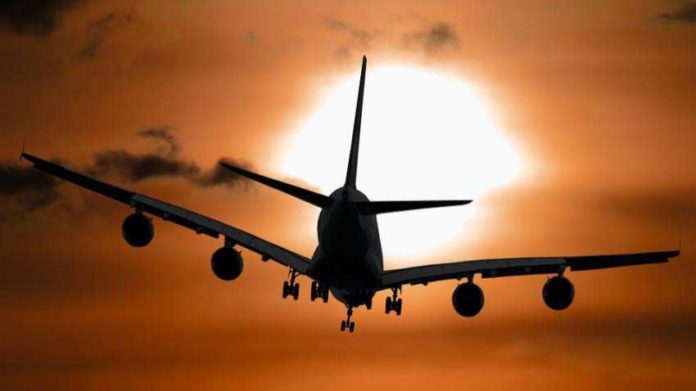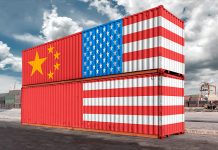
SHANGHAI: China National Aviation Fuel Group on Saturday launched the country’s first aviation fuel consumption index aimed at providing a fresh gauge for the regional and national economic health of the world’s second-largest economy.
After stellar growth for decades, China, the world’s second-largest consumer after the United States, is seeing its aviation fuel demand growth slipping in the last few years as the economy expands less rapidly and more people travel by high-speed rail.
“The aviation fuel index will become a good reflection of the consumption trend and a precursor of major events like an economic crisis,” CNAF, the country’s near monopoly distributor of jet fuel, said in a release.
China is estimated to consume a total of 35 million tonnes of jet fuel this year, Gong Feng, vice president of CNAF, told a seminar.
That’s about 7 percent higher than last year, but down from 9 percent growth the previous year said a second company executive who declined to be named as not authorised to speak to media.
Wu Xiaohua, deputy director at the Chinese Academy of Macroeconomic Research, told the same seminar that China’s jet fuel expanded 5.8 percent in September from a year earlier, recording a year-on-year decline in growth for seven months in a row.
At 5.8 percent, it represents the slowest growth since January 2015, Wu said.
Passenger travel makes up 97 percent of China’s total jet fuel consumption, which makes up some 13 percent of the global market, CNAF executives said.
The new index, based on data CNAF accumulated over the years, covers 30 Chinese provinces and regions and more than 200 civil airports. It will be regularly published via the CNAF’s website.
Over the next decade, China’s aviation fuel demand is forecast to expand 5-7 percent per annum with consumption reaching 57 million to 68.8 million tonnes by 2028, CNAF’s vice president Gong said.





